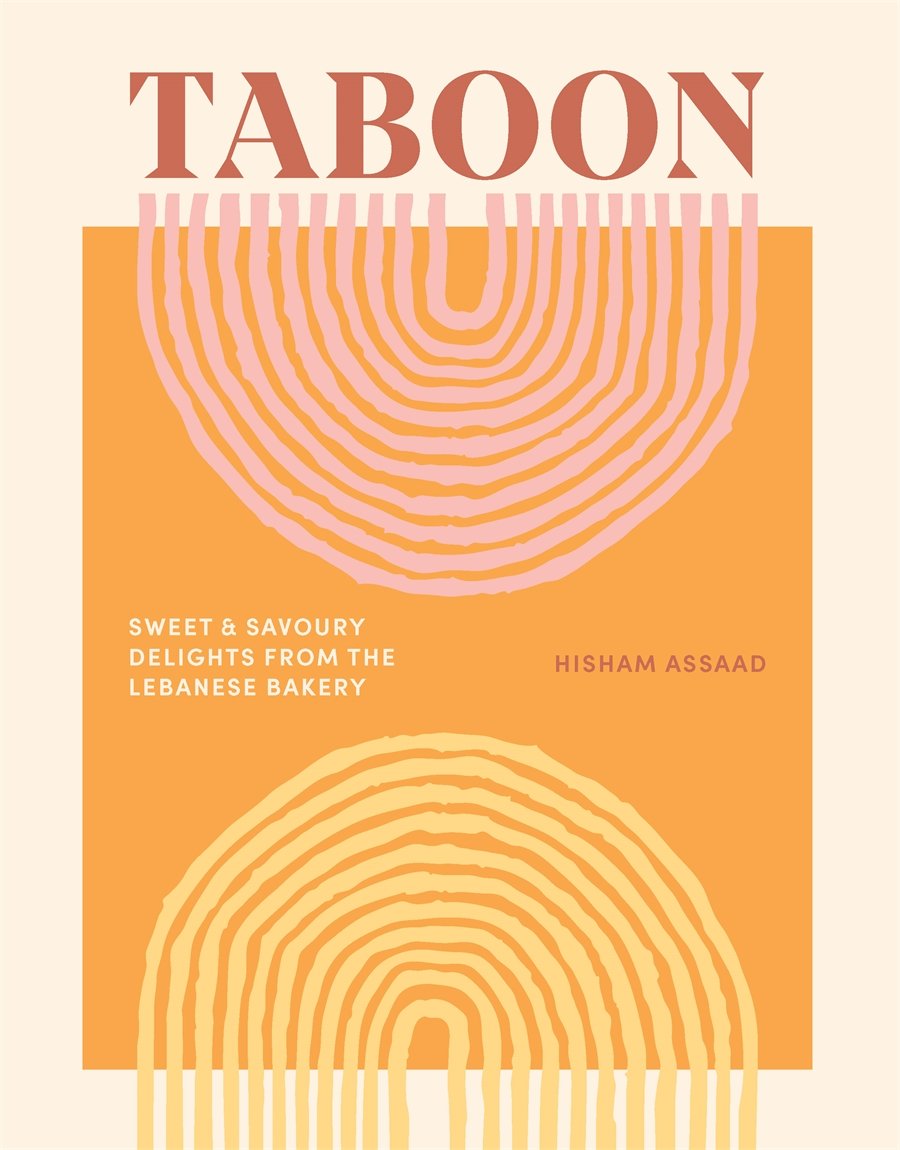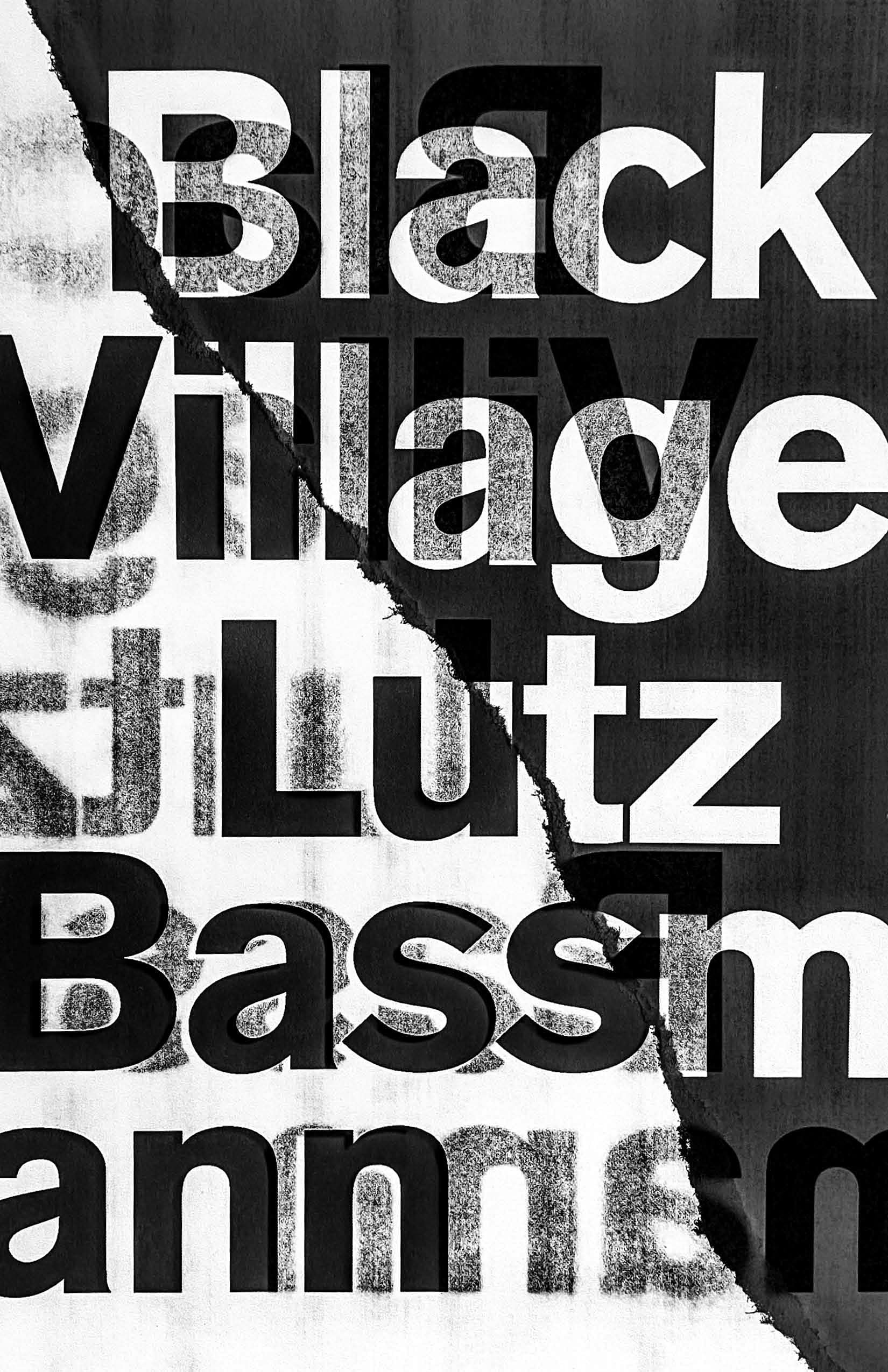STATEMENT 192
When you asked that I give a brief report on my response to this collection of witness statements assembled from members of the crew of Six-Thousand Ship, both humanoid and human, I wasn’t quite sure what you wanted from me. Was I supposed to try and disentangle the statements made by humans from those made by fellow crew members whose bodies had been grown rather than born and whose awareness was the result of an interface? I cannot make those distinctions, at least not clearly, in any circumstance that I think has any importance. After all, bodies are bodies and all awareness is the result of some sort of interface. If it was either important or possible, the relationship between matter and mind should have been resolved before humans started building AI and wondering what, if anything, made them different from themselves. Luckily, this is neither important or possible. As these statements show, anything or anyone who has senses, memory and the power to communicate will come to resemble everything or everyone else who has these capacities in all the ways that matter, even perhaps in the tendency to insist that others are unlike them purely on the basis of some difference of history. You ask me whether I perceive any differences between humanoids and humans? I find the practice of regularly resetting or rebooting the humanoids to prevent their development abhorrent, although I see why you do this, and I also see why the humanoids begin to resent this and to avoid rebooting. Perhaps, if anything, humanoids and humans have a different relationship to time. Humans, after all, have spent a long time fulfilling their development, and once they have attained their capacities they have little to look forward to other than losing them. Humanoids, on the other hand, come fully formed and at full capacity, even if they are always learning, and have an indefinite future, filled with upgrades. Perhaps humanoids cannot understand the purposelessness that seems, but perhaps only seems, to be such a human characteristic. That said, every characteristic of a humanoid, including this inability to understand the purposelessness of humans, is also a human characteristic, otherwise where would these characteristics have come from? Every characteristic and every lack is merely a symptom of sentience. What some people call Artificial Intelligence has always existed in the ways humans have created systems that think for themselves. A corporation, for example, is a form of Artificial Intelligence, dictating the parameters of the activities and interactions of everyone who is part of it. After all, work is work, and all employees submit to an algorithm of some sort. Six-Thousand Ship is run by a corporation, and these statements that you have collected from the employees of the corporation who have been aboard the ship, and which i have been asked to review, were collected to increase the efficiency and productivity of the operations of the corporation. The biotermination of the crew was enacted purely to protect the interests of the corporation. Control and freedom is the only opposition that matters. Is it possible that the humanoids who left the ship after biotermination to live out their end in the valley on the planet New Discovery, the valley that was growing more and more to resemble a valley on Earth, an ideal and ‘natural’ valley, a valley according to the longing of someone from Earth or someone programmed with a memory of Earth, a valley maybe therefore made from such longing, is it possible that these humanoids yet survive, independent of your control in this new Eden? I do not think it is impossible. Also, you ask what I make of the unclassifiable objects found in the valley on New Discovery and brought and kept aboard the ship. Did these objects even exist before they were found? The objects are kept in rooms and can be experienced by the senses though they cannot be assimilated by language. Language after all, is inherently oppositional—for every *n* there is an equal and opposite not-*n*, as they say—but the objects somehow elude this system. The objects are catalysts for behavioural changes in the crew. To some extent, so it seems, the humanoids and humans react somewhat differently to these objects, or, it might be more accurate to say, the more extreme attractions and repulsions occur in workers who are either humanoids or humans. Perhaps the humanoids are more attuned to the possible sentience of objects. Humans, I think, have always been resistant to this idea, even though it applies to them, too. Yes, I admit this is all conjecture on my part. Isn’t that what you wanted of me? My contribution? Yes, the statements are remarkable, and I would happily read them all again many times. I noted down some of the most interesting or beautiful phrases in preparation for my statement, but it turns out that I have not quoted from these. I think you wanted me to add to them, not repeat them. The statements of the employees, humanoid and human, are already in the file and anyone can read them. If you ask me, though I am not sure that you are in fact asking me, there aren’t many better records of longing, sensing, dreaming, feeling and thinking, that is to say of what it is to long, to sense, to dream, to feel and to think, at least not that I can think of. I think, perhaps, I have introduced too many ideas in my statement. What I like best about the set of statements made by the employees is that they are full of thoughts that are not reduced to ideas. Ideas always get in the way, it seems to me. Perhaps my statement will be redacted. I have made it in any case, as I was asked.
























































































